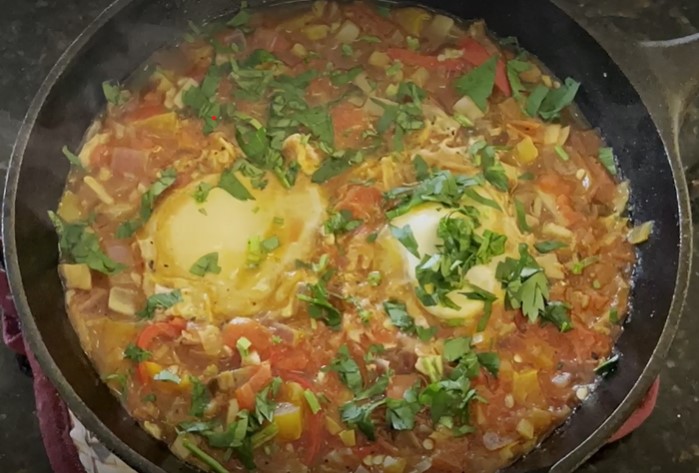Going vegetarian-a beginner’s guide
Making drastic changes in the food you eat, and your overall diet is always hard. It takes considerable amounts of time and can be influenced by income, family, personal life and the amount of time available to make said changes. My experience with food has always been complicated and moving to another country has heavily impacted that. Moving to the United States from India where most of the food is plant based, to Florida which involves a heavy meat-based diet changed my health drastically.
Eating things that are incompatible with your body can cause digestion issues, fatigue, nutrition deficiencies as well as emotional instability. Switching from eating meat once or twice a week to almost every day as well as switching from freshly cut to frozen meat when I came here caused all these symptoms within me.I was faced with changes to make and no guidance. I am here to share with you tips that I have picked up along the way.
Changing your diet and lifestyle begins with what you can work with in your pantry. The first step is grocery shopping. When switching to a vegetarian diet it is important to look at your nutrition categories. Green veggies and starchy ones are important to fill you up, but they aren’t enough.
Plant based proteins like impossible burgers and vegan nuggets can be expensive as well as harmful if consumed in excess so it can be beneficial to turn to natural options like lentils, soya beans and lotus seeds all of which can be found in the local Asian market. More accessible proteins to start off with could be canned beans, chickpeas, lima beans etc.
After you have your groceries, it is important to make a meal plan and prep simple meals so you can stick to your changes. Instead of looking for ready-made vegan or vegetarian products it is sustainable to try dishes from different cuisines, like South Indian, Mexican, Mediterranean, Ethiopian, Southern Italian etc. Make changing your food habits fun to keep at it. Eating the same things repeatedly can result in
reverting back to old, easy habits that may be damaging to your health.
The most important tip of all is slow incorporation. Going cold turkey on whatever foods you want to exclude from your diet can work for some people, but it is not sustainable in the long run. Making small changes until you are comfortable and progressing from there guarantees greater chances of success. Making changes, when necessary, can hugely improve the quality of life and each person should do what is best for them.
Your donation will support the student journalists of Steinbrenner High School. Your contribution will allow us to purchase equipment and cover our annual website hosting costs.

Vinya is a senior at Steinbrenner and is the co-editor for the Food section for the Oracle.

